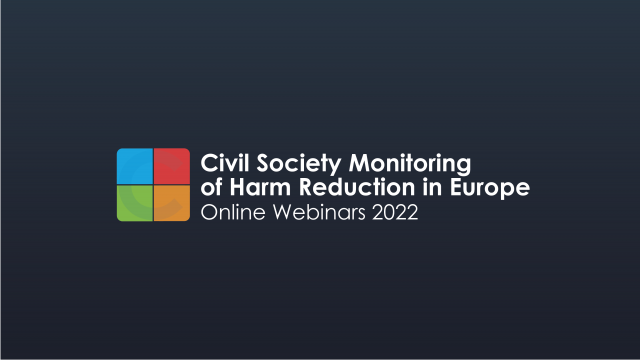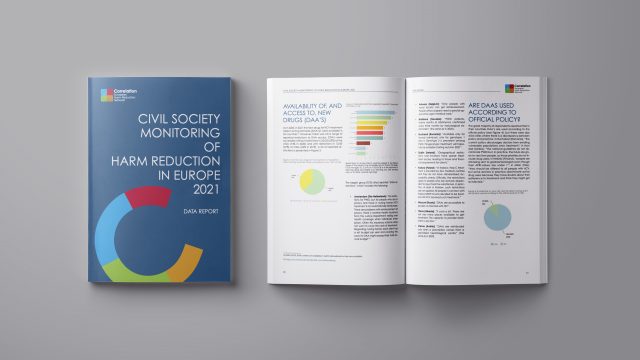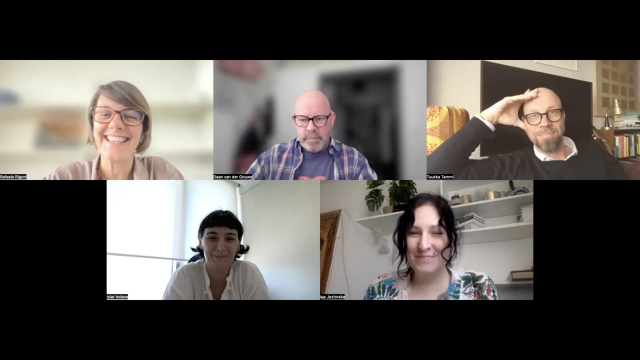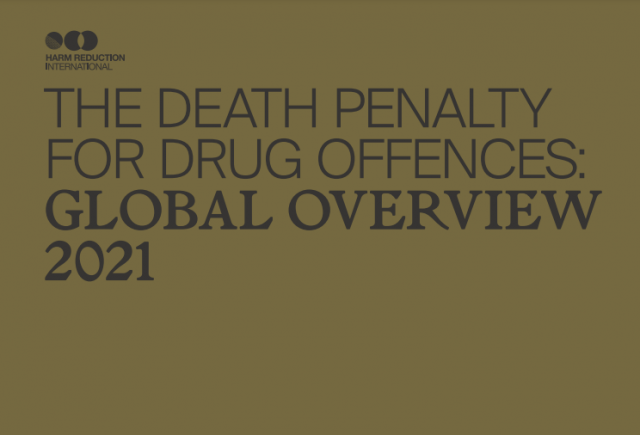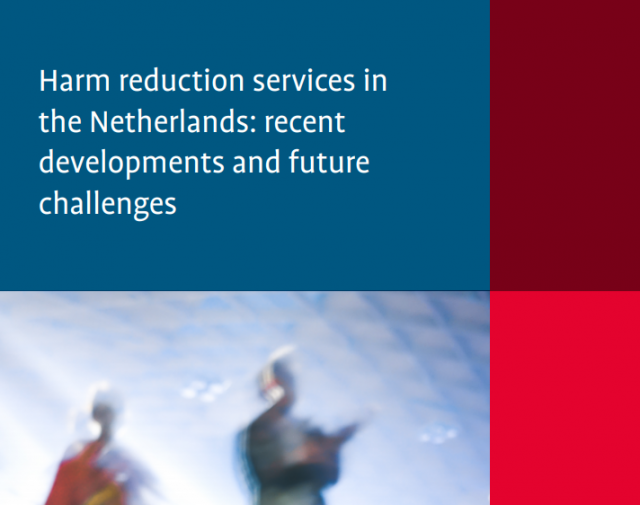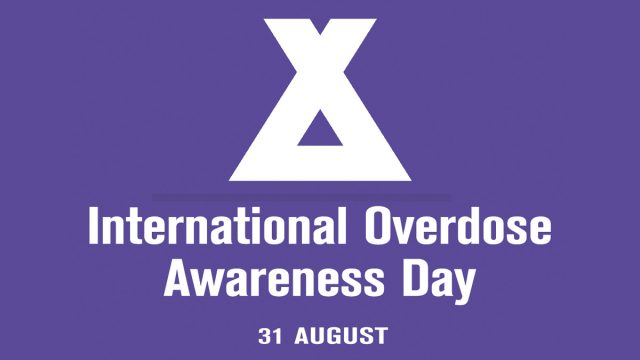Today, 31 August, is the annual International Overdose Awareness Day, which aims to raise awareness of one of the world’s worst public health crises and commemorate those lost to a drug overdose. The key message – that the tragedy of overdose death is preventable and more must be done to save lives – is at the very heart of C-EHRN’s aims.
What we know
In May 2021, the European Monitoring Centre for Drugs and Drug Addiction (EMCDDA) published an update to its technical report ‘Drug-related deaths and mortality in Europe‘.
According to the report, in 2018, over 8,300 deaths involving one or more illicit drugs were reported in the European Union, rising to over 9,200 when Turkey and Norway were included. Multiple drug toxicity is implicated in most cases, with opioids being the most common cause of fatal overdoses; cocaine has been involved in an increasing number of overdoses, frequently combined with heroin or other opioids.
C-EHRN publishes an annual monitoring report on civil society-led harm reduction activities across Europe, produced with the support and input from its vast network of focal points. The 2020 report compiles responses from focal points around the conditions and characteristics of drug overdoses. Some of the most frequent characteristics were:
● Experiencing homelessness
● Using drugs alone
● Engaging in polydrug-use
● Not calling for emergency help for fear of the police
● Not having access to naloxone
Addressing the issues
The findings in the monitoring report help to shape the activities and priorities of C-EHRN and its members. The following examples demonstrate some of the overdose prevention work currently in place:
Amplifying the voices of people who use drugs
“Nothing about us without us”. EuroNPUD – the European Network of People who Use Drugs – supports the growth and development of drug user networking and advocacy across the European Union and represents the interests of people who use drugs to European institutions.
In 2020 EuroNPUD worked with their UK partners to undertake a peer designed and delivered naloxone access and advocacy project to coincide with International Overdose Awareness Day. The project’s focus was to highlight the role of naloxone in responding to opioid overdose, describe the existing response and barriers to accessing naloxone in the UK, and advocate for expanded peer-to-peer access.
It included peer-led focus groups, mystery shopping exercises around naloxone accessibility, advocacy briefings on the findings, next steps, and the benefits of peer2peer naloxone distribution, all held with local service delivery partners and peers.
Naloxone Click and Deliver Service
Scotland currently has the highest drug-induced mortality rate in Europe. Provided by Scottish Families Affected by Alcohol and Drugs, with the support of the Scottish Drugs Forum, this Service supplies a take-home naloxone service to anyone over 16.
Naloxone can reverse the effects of opioid overdoses almost immediately and lasts long enough for the person to receive medical treatment.
Drug Consumption Rooms (DCRs)
A mobile DCR was launched in Lisbon in 2019, co-managed by Grupo de Ativistas em Tratamentos and Médicos do Mundo. The facility aims to contribute to the health, safety and quality of life of people who inject drugs by providing access to safer injecting consumption conditions and preventing the risks and harm associated with injecting.
May 2021 saw the opening of Lisbon’s first fixed DCR, located in a part of the city with intense drug trafficking and high drug use in public spaces. While Ares Do Pinhal manages the DCR, the people who use the service are also involved in its daily operation.
Alongside providing a safer space, both facilities also offer education for safer consumption; distribution of consumables such as syringes; provision of primary health care; peer and psychosocial support; and rapid testing for HIV, Hepatitis B and C, as well as syphilis.
Further information
● Go to the official International Overdose Awareness Day website
● Read C-EHRN briefing papers on overdose prevention:
o Part 1: Status Quo and Challenges
o Part 2: New Technology-Based Solutions
● Read C-EHRN Chapter on Overdose Prevention in the Monitoring Report 2020
● View other publications on overdose prevention in the C-EHRN Resource centre
● Interested in becoming a part of our monitoring activity? Contact us or the focal point in your country
● Become a C-EHRN member

